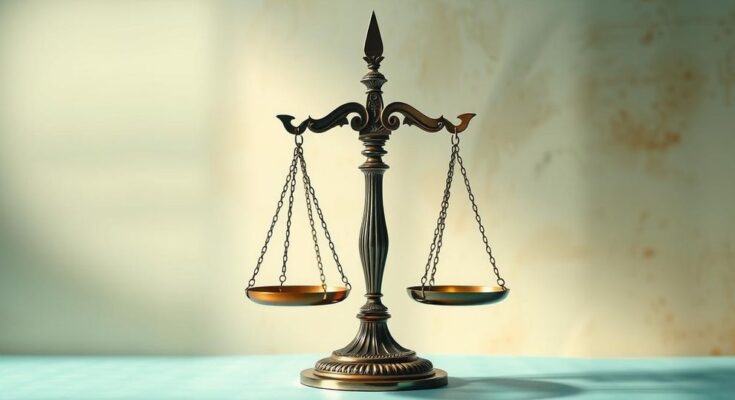After decades of violence and oppression, the Syrian people have emerged from dictatorship, creating a chance for renewal. This pivotal moment calls for rebuilding society, reviving dialogue, and fostering respect for human dignity and equality. It is vital for all societal factions to agree on a transitional justice plan to promote peace and stabilize the nation, eradicating the roots of violence.
The current government and military leaders hold the primary responsibility for managing the transition. They must prioritize establishing a path toward democratic governance, paving the way for a lasting vision of a peaceful Syrian state, ensuring all voices are heard and acknowledged during this critical period.
Civil society organizations urge the current administration to implement immediate actions to uphold justice and accountability, beginning with the preservation of evidence and sensitive sites. This involves closing security and detention centers previously controlled by the former regime to protect crucial records and forensic evidence from tampering, including documentation related to torture and missing persons.
There is an urgent need to safeguard mass graves and maintain the integrity of the evidence within them through professional supervision. Electronic detention records must be preserved to aid the creation of a national database for future accountability efforts, ensuring thorough documentation of victims and their experiences.
A temporary judicial authority should be formed, consisting of trustworthy jurists to manage the release status of detainees, documenting missing individuals and overseeing a centralized database. It is vital to impose restrictions on individuals with knowledge about past human rights violations to prepare for future accountability measures against them.
Cooperation with international organizations, like the IIIM and the COI, is essential for investigative support and to facilitate access for humanitarian efforts across Syria. Engaging with local civil society groups is crucial to ensure their valuable knowledge informs these processes, allowing them to operate freely and to aid the reconstruction effort.
Urgent psychological and medical assistance must be provided to recently freed detainees and their families, helping them reintegrate into society. Establishing survivor support centers can aid in documenting experiences and accounting for the missing, bringing a sense of community and recovery to the affected.
To further transparency and information access, citizens are encouraged to return any documents they possess related to the regime. Confidential hotlines should be established for secure reporting, ensuring safe handover. Additionally, citizens must be granted access to government decisions and documents to combat misinformation and uphold rights to information.
In the wake of the fall of the Syrian regime, civil society organizations are calling for immediate actions to ensure justice and accountability. Key measures include the preservation of evidence, the establishment of a temporary judicial authority, cooperation with international bodies, and support for detainees and their families. This groundwork aims to foster social peace and pave the way for a democratic future in Syria.
In summary, the transition from dictatorship to a democratic Syria hinges on accountability, social cohesion, and the safeguarding of human rights. The collaborative efforts urged by civil society groups aim to create a foundation for peace and document history accurately, ensuring no voice goes unheard. By addressing immediate needs and enabling access to justice, Syria can begin to rebuild its societal fabric, fostering hope and resilience for future generations.
The call for a revitalized Syria follows years of oppression under a brutal regime. With a once-cowed populace rallying for change, there’s a powerful yearning to declare freedom through dialogue and social contracts. The importance of documenting human rights violations, providing justice for victims, and facilitating reconciliation underscores the effort to build a just society post-regime. Favoring collaboration with both international and local bodies, the initiatives aim to pave the way towards healing and restoration through accountability and support.
Original Source: snhr.org



